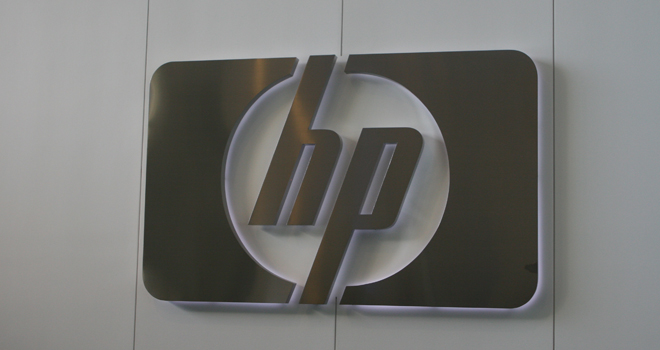HP, the world’s largest maker of personal computers, has decided that it’s going to keep making the product that made it a household name, despite earlier plans to quit the PC business.
The struggling Silicon Valley stalwart on Thursday announced it won’t exit the PC business after all, just two months after it announced in its August earnings call that it was considering selling off that part of its portfolio to concentrate on enterprise services.
New CEO Meg Whitman made the striking, 180-degree announcement in a press release on HP’s website:
“HP objectively evaluated the strategic, financial and operational impact of spinning off PSG [Personal Systems Group.] It’s clear after our analysis that keeping PSG within HP is right for customers and partners, right for shareholders, and right for employees…HP is committed to PSG, and together we are stronger.”
The release also notes that HP “is the No. 1 manufacturer of personal computers in the world with revenues totaling $40.7 billion for fiscal year 2010.”
The very fortunate and presumably delighted Todd Bradley, executive vice president, Personal Systems Group, HP added: “As part of HP, PSG will continue to give customers and partners the advantages of product innovation and global scale across the industry’s broadest portfolio of PCs, workstations and more…We intend to make the leading PC business in the world even better.”
Spinning off the PSG would have cost HP a one-time cost of between $300 and $400 million, according to the Wall Street Journal. But with global PC sales stalling, the decision had been initiated to try and shift HP over to a “post-PC” era mode, something along the lines of IBM, which saw major success in shifting out of the consumer PC business and over to consulting and enterprise services.
HP’s stock closed up almost 5 percent on the heels of the news.
Still, it’s hard not to feel a sense of whiplash in the company’s sudden about-face.
And although HP is touting the thoroughness of its strategic review process, involving “subject matter experts from across the businesses and functions,” it’s hard not to view the decision as a reaction against former HP CEO Leo Apothecker, who backed the idea to sell the PSG in the first place and was promptly fired from the company in September by its board of directors, after only a year at the helm.
It’s also abundantly clear that his replacement, CEO Meg Whitman was the one who had the final say on HP’s change of heart.
Whitman was chosen by HP’s board to lead the company in late September based on her overall successful tenure as CEO of eBay between 1998 and 2008. Presumably, her failed bid to be the Governor of California in 2010 didn’t count against her.
Now, a couple of big questions remain: Will HP go all out and get back into the business of making tablets? And will that mean resurrecting Web OS?
In a conference call following the announcement, Whitman said those areas were being considered separately, but offered no specific timeline for when a decision would be made.
HP’s TouchPad didn’t sell well at all when it was first introduced at $499 in July, the same price as the iPad 2. Even after a wave of incremental discounts in the following six weeks, sales were still anemic, at least until HP announced on August 18, it was killing its TouchPad, Palm smartphones and the entire underlying WebOS, which it had acquired for $1.2 billion in April 2010.
Then and only then, when HP had priced the remaining Touchpads at the incredibly low price of $99, did it prove to be a huge boon, with the TouchPad suddenly shooting up the sales charts.
But HP has reportedly already begun firing Web OS employees en masse. It still, however, reportedly holds some 2,000 patents associated with the operating system and its devices.
Separately, HP has another $799 tablet that runs Windows 7, the Slate 500, which hasn’t sold that much but better than the company expected is reportedly hard at work on a Windows 8 tablet.
What the company decides to do about these two gigantic issues remains, at this point, anyone’s guess. We’ve contacted HP for information on Web OS, TouchPad and tablet plans and will update when we receive an official response.









